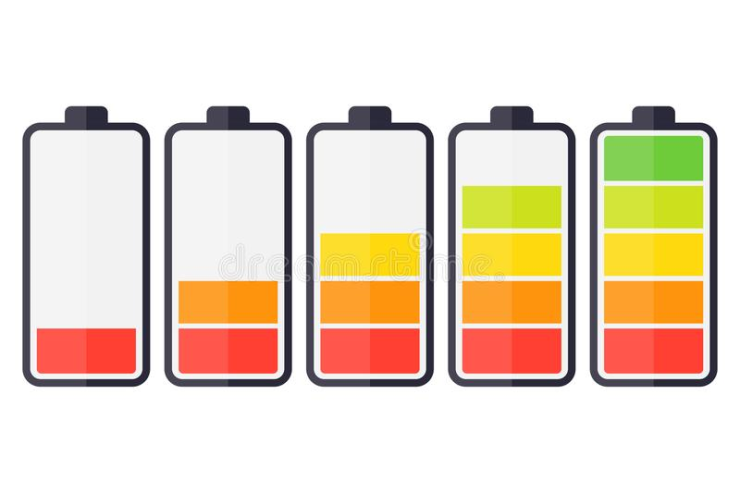Researchers propose new aluminum-sulfur battery with molten salt electrolyte; low cost, rechargeable, fire resistant, reusable.
An international team of researchers led by Kwanguan Pang at Peking University and Donald Saidowe at MIT reports a bidirectional, rapidly-charging aluminum-chalcogen battery powered with a molten-salt electrolyte composed of NaCl-KCl-AlCl3, It differs from other aluminum batteries in the choice of a positive element-chalcogen electrode as opposed to various low-capacity compound formulations and the choice of a molten-salt electrolyte as opposed to room-temperature ionic liquids. which induces higher polarization.
The multi-step conversion route between aluminum and chalcogen allows rapid charging up to 200C, and the battery endures hundreds of cycles at very high charging rates without aluminum dendrite formation. A paper at work. is published in Nature.
pango and others, said:
🔥 What about we co-host a webinar? Let's educate, captivate, and convert the battery economy!
Batteries News is the global go-to online magazine for the battery industry, we can help you host impactful webinars that become a global reference on your topic and are an evergreen source of leads. Click here to request more details
Importantly for scalability, the cell-level cost of aluminum-sulfur batteries is estimated to be less than one-sixth that of current lithium-ion technologies.
“Composed of earth-abundant elements that can be sourced ethically and operate at moderately elevated temperatures just above the boiling point of water, this chemical has the potential to be a low-cost, rechargeable, fire-resistant, recyclable battery. All requirements are there.”
Donald Sadoway, said:
I wanted to invent something that was better, better than lithium-ion batteries for small-scale stationary storage, and eventually for automotive.
The researchers showed that the charging rate was highly dependent on the working temperature, with 110 °C (230 °F) showing a rate 25 times faster than at 25 °C (77 °F).
Molten salt was chosen by the team as the electrolyte because of its low melting point, a sudden advantage. One of the biggest problems in battery reliability is the build-up of dendrites, which are narrow spikes of metal that form on one electrode and eventually grow to contact the other electrode, leading to short-circuit and interrupting efficiency.
But this particular salt, it so happens, is very good at preventing that malfeasance.
The battery does not require an external heat source to maintain its operating temperature. Heat is naturally generated electrochemically by the charging and discharging of the battery.
This new battery formulation, Sadoway says, would be ideal for an installation of the size needed to power a home or small to medium business, producing on the order of some ten kilowatt-hours of storage capacity.
For larger installations, from utility scales of tens to hundreds of megawatt-hours, other technologies may be more effective, including the liquid metal battery Sadoway and his students developed several years ago and which formed the basis for a spinoff company called Ambari. which expects to deliver its first products within the next year.
Sadoway says even the small scale of aluminum-sulfur batteries would make them practical for uses such as electric vehicle charging stations.
He points out that when electric vehicles become so common on the roads that multiple cars want to be charged simultaneously, as is the case with gasoline fuel pumps today, “if you try to do this with batteries and you speed up.”
If you want to charge from it, the amperages are just high enough that we don’t have that amount of amperage in the line that feeds the facility.” Issuance may eliminate the need to install costly new power lines to service these chargers.
The new technology is already the basis for a new spinoff company called Avanti, which has licensed the patent to the system, which was co-founded by Sadoway and Luis Ortiz ’96 SCD ’00, who was also a co-founder of Ambry. . Sadoway is formally the Chief Scientific Adviser.
The research team included members from Peking University, Yunnan University and Wuhan University of Technology in China; at the University of Louisville, Kentucky; University of Waterloo in Canada; Oak Ridge National Laboratory in Tennessee; and MIT.
The work was supported by the MIT Energy Initiative, the MIT Deshpande Center for Technological Innovation, and the ENN Group.
READ the latest Batteries News shaping the battery market
Researchers propose new aluminum-sulfur battery with molten salt electrolyte; low cost, rechargeable, fire resistant, reusable, August 24, 2022








